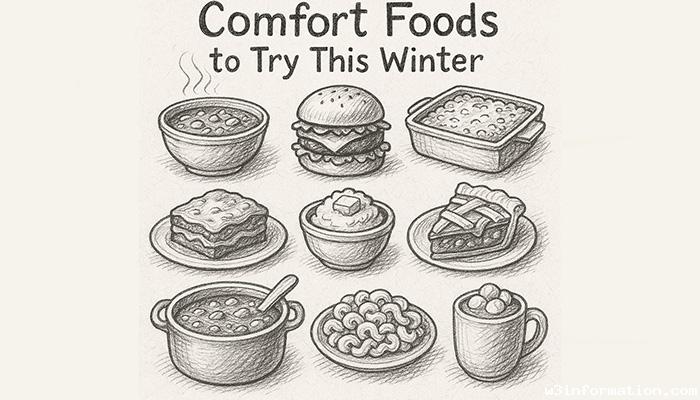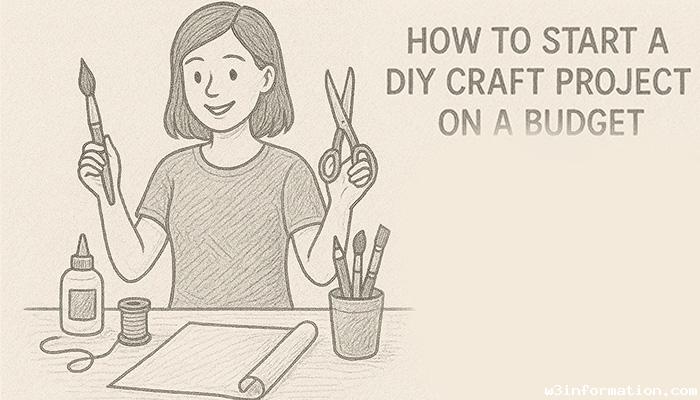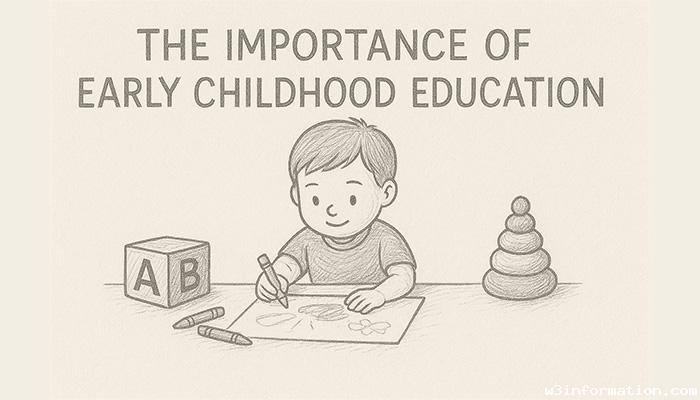Mastering Memory: Effective Techniques for Students
The student nowadays needs to remember so much of what they learn at a rapid pace. With good memory skills, studying will be easier, less stressful, and more fun. This blog covers real life proven memory tricks to help your students improve their learning and performance.
The Power of Visualization
Visualization is a way of drawing pictures of the information you want to master. It is because the mind takes pictures easier than words. For instance, if you’re studying history, visualise the scenery, characters and events in your mind like they’re a movie.
Tips:
- Visualize your notes with diagrams, charts and mind maps.
- Draw on abstract concepts with pictures.

Mnemonic Devices
Memory aids are something you use to put the memory into your head in the form of patterns, acronyms or rhymes.
Examples:
Words: A cool acronym such as ROYGBIV to name the colors of the rainbow.
Rhymes: Develop simple rhymes to remember abstract ideas.
Chunking: Slice data into manageable chunks.
Active Recall and Spaced Repetition
Active recall — attempting to apply the knowledge to something instead of merely reading it again — is what I am talking about here. Spaced repetition consists of going back to it at longer intervals.
How to Implement:
Test yourself with flashcards.
Plan to do reviews of material on platforms such as Anki or Quizlet.
Incorporate active recall with frequent breaks to build retention.
The Method of Loci
This ancient technique involves putting together facts based on location in an environment we know well. Think of taking a tour around your house and placing every thought or statement in a room.
Steps:
- Choose a place you know, such as your house or your favorite park.
- Give bits of data some places in there.
- Remind yourself to "walk" the room so you can remember the facts.
Storytelling
Information becomes rememberable if it is told through story. Storytelling is also emotionally mediated and Imagination based which helps to retain memories.
Example:
If you want to remember a list of scientific discoveries, make up a story where each discovery is a protagonist in a fantasy story.
Healthy Lifestyle for Memory
How well your brain stores and remembers is directly affected by your health.
Key Practices:
- Get a lot of sleep to organize memories.
- Nuts, fish, leafy greens, etc: all brain-nourishing food.
- Stay hydrated to maintain focus.
- Regular exercises for the brain.

Practice Mindfulness and Reduce Stress
Stress and anxiety are bad for memory. The mind is calming and it is easier to concentrate when we practice mindfulness.
Suggestions:
- Don’t study without meditation or deep breathing techniques.
- Relax and rest between the short breaks.
Teach What You Learn
And there is no better way to numb yourself with something than to explain it to someone else. Devoting time to explaining helps you organise your thoughts and pinpoint areas where you’re missing information.
Consistency is Key
Lastly, make studying a habit. The study habits should be a regular and consistent affair, not the cramming night before an exam.
Schedule Tips:
- Establish time for individual study sessions every day.
- Go over material every few days so you don’t forget.
Conclusion
Making your memory better requires not great luck, but the right methods and an active lifestyle. If students adopt these methods, then studying can become a beneficial and even fun experience. Get started slowly, keep at it, and see your GCs rocket!
 Top 10 Comfort Foods to Try This Winter
Top 10 Comfort Foods to Try This Winter
 Top 10 Christmas Destinations Around the World
Top 10 Christmas Destinations Around the World
 Navigating Adolescence: Tips for Parents and Teens
Navigating Adolescence: Tips for Parents and Teens
 How to Start a DIY Craft Project on a Budget
How to Start a DIY Craft Project on a Budget
 How to Build Strong Family Bonds in the Digital Age
How to Build Strong Family Bonds in the Digital Age
 The Importance of Early Childhood Education
The Importance of Early Childhood Education